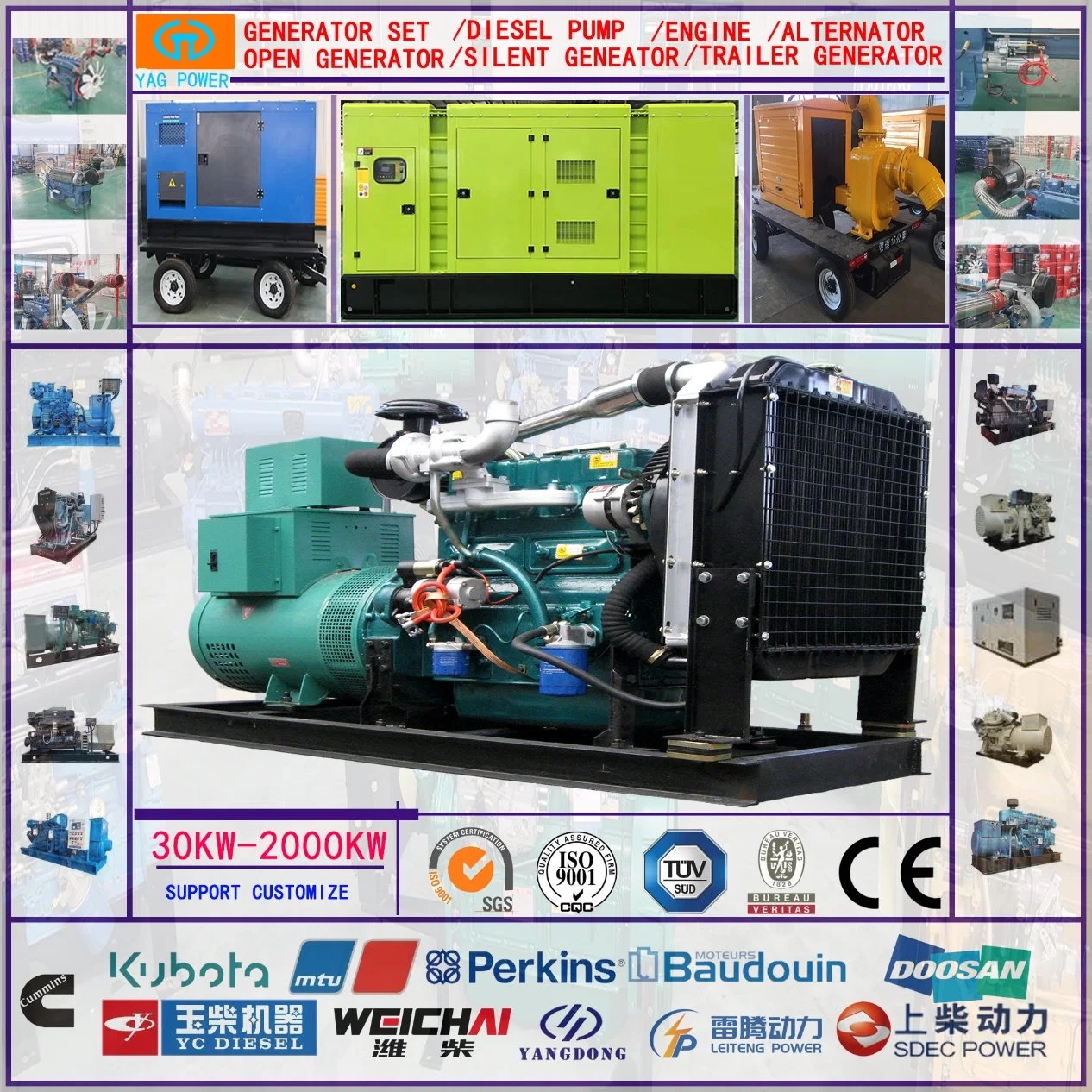Knudsen Strickland
0 Course Enrolled • 0 Course CompletedBiography
The Crucial Role of Diesel Generators in Telecommunications A Comprehensive Guide
Introduction
In the world of telecommunications, a reliable power source is essential to ensure uninterrupted service delivery. Diesel generators have been a mainstay in the industry for decades, providing backup power during outages and ensuring continuous operation of critical infrastructure. This article will explore the importance of diesel generators in the telecommunications sector, their key features and benefits, as well as the latest technological advancements shaping the industry.
Importance of Diesel Generators in Telecommunications
Telecommunications infrastructure relies heavily on a constant power supply to function properly. From cell towers to data centers, a power outage can result in significant disruptions to network connectivity and communication services. In such scenarios, diesel generators serve as a reliable backup power source to keep operations running smoothly.
One of the primary advantages of diesel generators is their ability to provide standby power for extended periods. Unlike other backup power solutions such as batteries or solar panels, diesel generators can run for days or even weeks without refueling, making them ideal for telecommunications applications where continuous power is critical.
Moreover, diesel generators offer high power output and reliability, ensuring that essential equipment such as servers, routers, and communication devices remain operational during emergencies. This reliability is particularly crucial in remote or rural areas where grid power may be unreliable or unavailable.
Key Features and Benefits of Diesel Generators
1. High Power Output: Diesel generators are known for their high power output, making them suitable for powering a wide range of telecommunications equipment and infrastructure. Whether it's a small cell tower or a large data center, diesel generators can meet the power requirements of any application.
2. Fuel Efficiency: Despite their high power output, diesel generators are also known for their fuel efficiency. Modern diesel engines are designed to maximize fuel consumption, ensuring optimal performance while minimizing operating costs.
3. Reliability: Diesel generators are renowned for their reliability and durability, making them a preferred choice for backup power in telecommunications. With proper maintenance, diesel generators can last for decades, providing a dependable power source during emergencies.
4. Easy Maintenance: Diesel generators are relatively easy to maintain compared to other types of backup power solutions. Routine maintenance tasks such as oil changes, filter replacements, and inspections can prolong the lifespan of the generator and ensure optimal performance.
5. Quick Start-up Time: In the event of a power outage, diesel generators can start up quickly and provide backup power within seconds. This rapid response time is crucial in telecommunications applications where downtime can result in significant financial losses.
6. Scalability: Diesel generators are highly scalable, allowing telecommunication providers to expand their backup power capacity as needed. Whether it's adding more generators to a site or upgrading to a higher capacity unit, diesel generators offer flexibility to adapt to changing power requirements.
Technological Advancements in Diesel Generators for Telecommunications
As technology continues to evolve, so do diesel generators for telecommunications. Manufacturers are constantly innovating to improve the efficiency, reliability, and environmental impact of diesel generators. Some of the latest technological advancements in diesel generators include:

1. Hybrid Power Systems: Hybrid power systems combine diesel generators with renewable energy sources such as solar panels or wind turbines to create a more sustainable and cost-effective power solution. By integrating multiple power sources, hybrid systems can reduce fuel consumption and emissions while ensuring continuous power supply.
2. Remote Monitoring and Control: Remote monitoring and control systems allow operators to monitor the performance of diesel generators in real-time and make adjustments as needed. These systems provide valuable insights into the generator's operating conditions, fuel consumption, and maintenance requirements, enabling proactive maintenance and troubleshooting.
3. Advanced Fuel Injection Systems: Modern diesel engines are equipped with advanced fuel injection systems that improve fuel efficiency and reduce emissions. Common rail fuel injection technology allows for precise control of fuel delivery, resulting in optimal combustion and lower fuel consumption.
4. Smart Load Management: Smart load management systems optimize the distribution of power from diesel generators to different loads based on priority and demand. By intelligently managing the power output, these systems can maximize fuel efficiency and ensure that critical equipment receives power when needed.
5. Emissions Control Technologies: To meet stringent environmental regulations, diesel generator manufacturers are incorporating emissions control technologies such as selective catalytic reduction (SCR) and diesel particulate filters (DPF). These technologies reduce harmful emissions such as nitrogen oxides and particulate matter, making diesel generators more environmentally friendly.
Conclusion
Diesel generators play a crucial role in ensuring the reliability and continuity of telecommunications services around the world. From powering look here to data centers, diesel generators provide a dependable backup power source during outages and emergencies. With their high power output, fuel efficiency, reliability, and scalability, diesel generators are well-suited for the demanding requirements of the telecommunications industry.
As technology continues to advance, diesel generators are evolving to meet the changing needs of the telecommunications sector. From hybrid power systems to remote monitoring and control, the latest innovations in diesel generator technology are enhancing efficiency, reducing emissions, and improving overall performance. Moving forward, diesel generators will remain a vital component of telecommunications infrastructure, supporting the seamless delivery of communication services to users globally.
